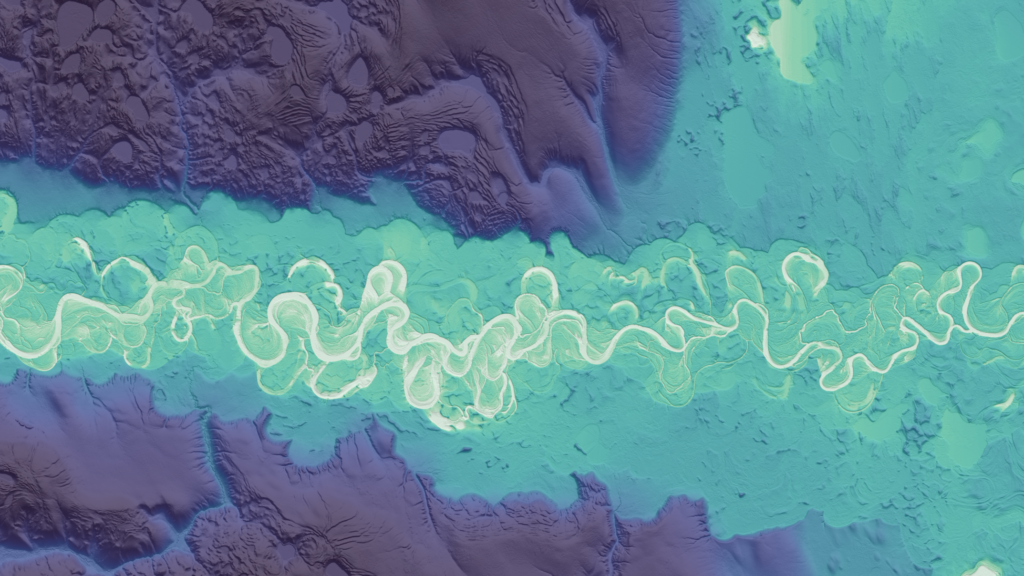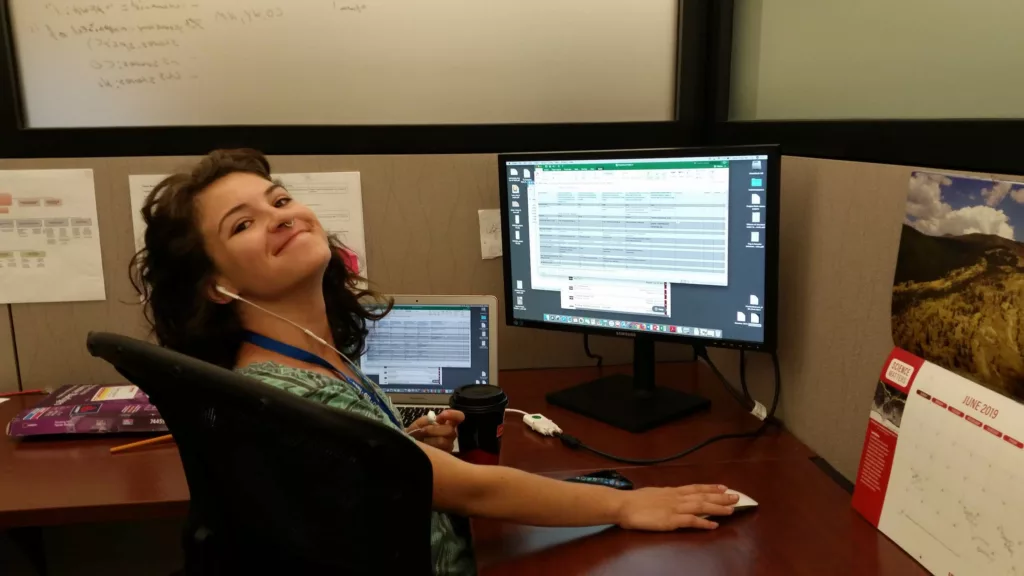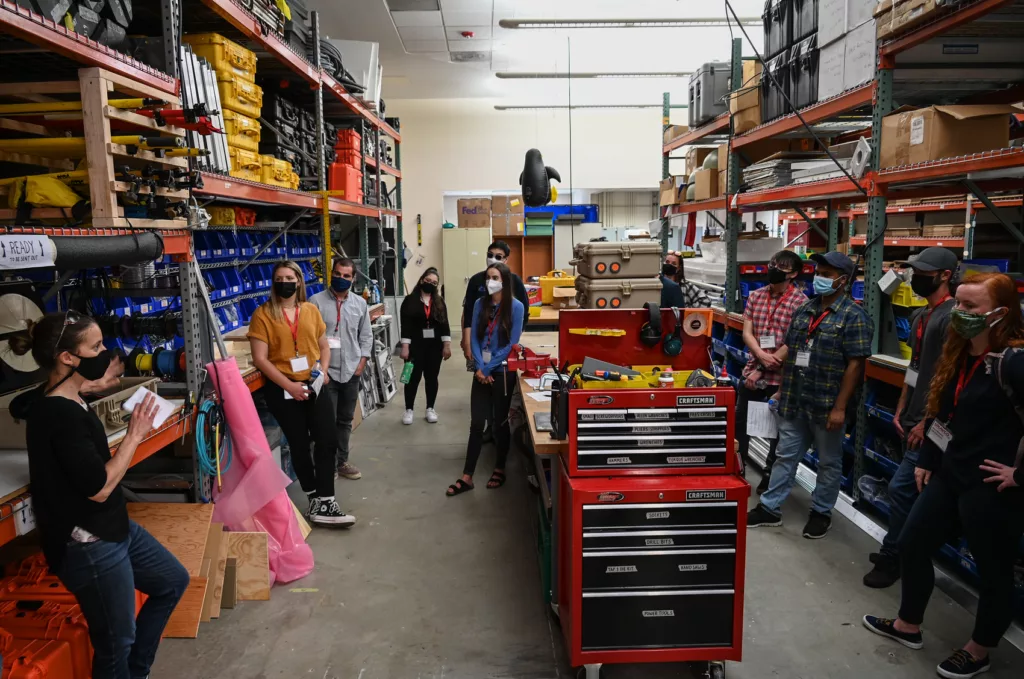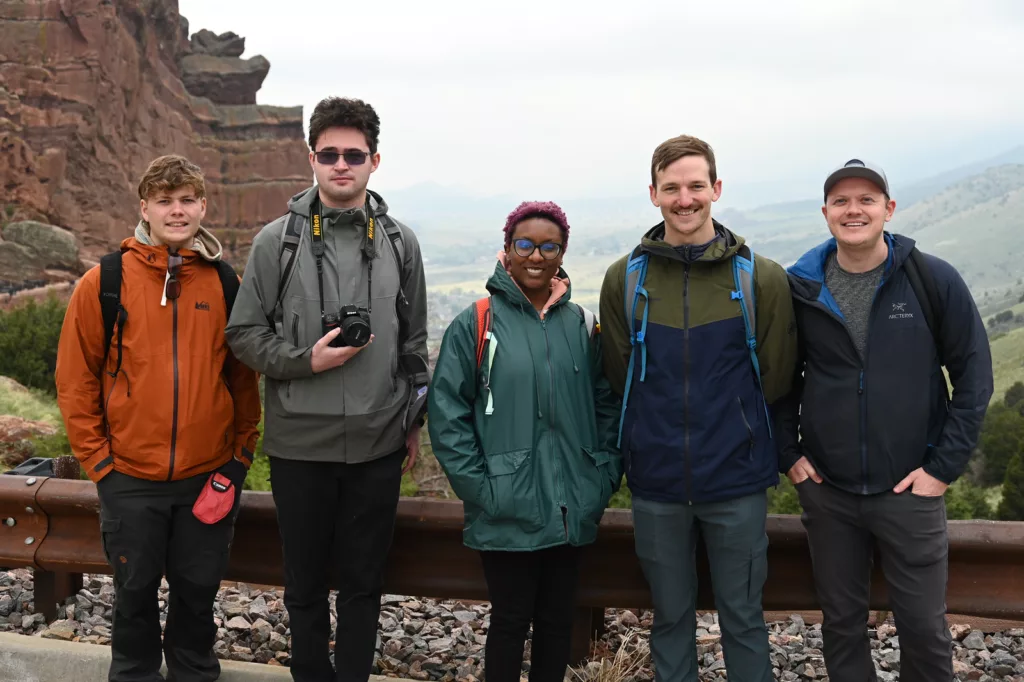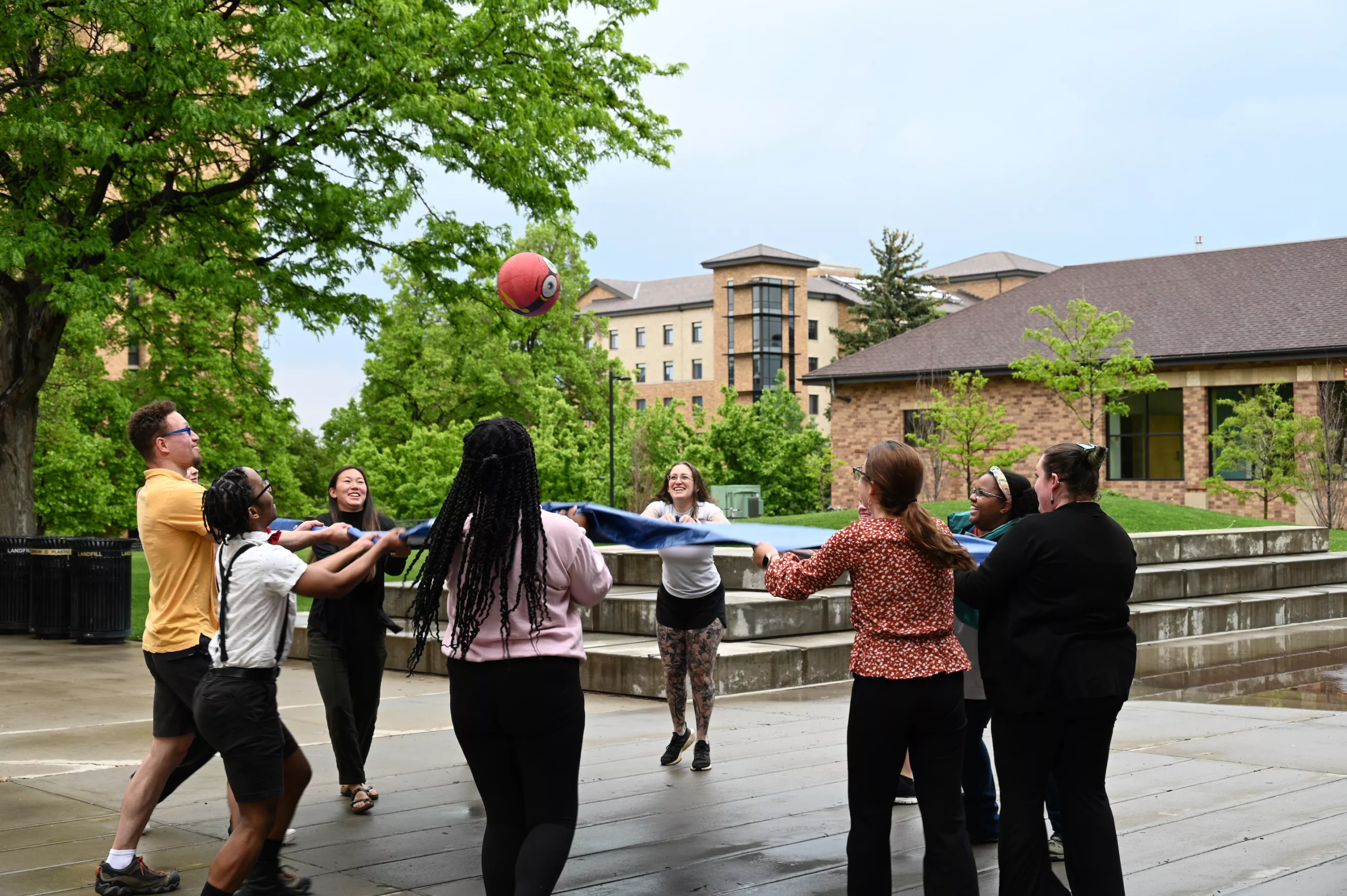Program Overview
EarthScope Consortium is a consortium dedicated to supporting transformative global geophysical research and education. Our long-term success depends on development of a forward-looking, diversified workforce that draws on and cultivates talent across the demographic spectrum of gender and ethnicity, across international boundaries, and across scientific disciplines.
The EarthScope Student Career Internship Program, formerly known as USIP, offers unique real-world work experience for undergraduate and graduate students related to the interns’ academic and career goals. Each intern is an integral member of the team and plays an important role by contributing their knowledge, skills, and abilities to specific projects.
Project managers teach interns what it is like to work in a non-profit organization that facilitates geoscience research and education. In doing so, we anticipate that we are able to share expertise, leverage best practices and forge lasting relationships.
All applicants must be authorized to work in the U.S. in order to be eligible. If you have questions regarding the application process, please contact internships@earthscope.org.
Timing
Student Career internships are full-time for 11 weeks and typically offer remote options (depending on position duties). The summer programs typically run from mid-May to early August.
What to Expect
Internship assignments vary each year based on business needs. Managers identify a specific scope of work, designate a role, and create a statement of work for the intern. The intern will be assigned real-world work, with an impact on our organization and the community we serve. The manager will be the intern’s supervisor and mentor.
The intern will receive a company orientation and then collaborate with their manager to develop a work and learning plan that aligns with the statement of work. Before beginning work, interns will receive appropriate training, including compliance and safety training if needed. Interns will meet with their managers weekly at the beginning of their assignment and have informal performance feedback throughout their assignment.
In addition to a paid weekly stipend, EarthScope provides many formal and informal learning opportunities; these include team meetings and various company meetings. Interns will be invited to participate in these events as well as other EarthScope business and social events.






